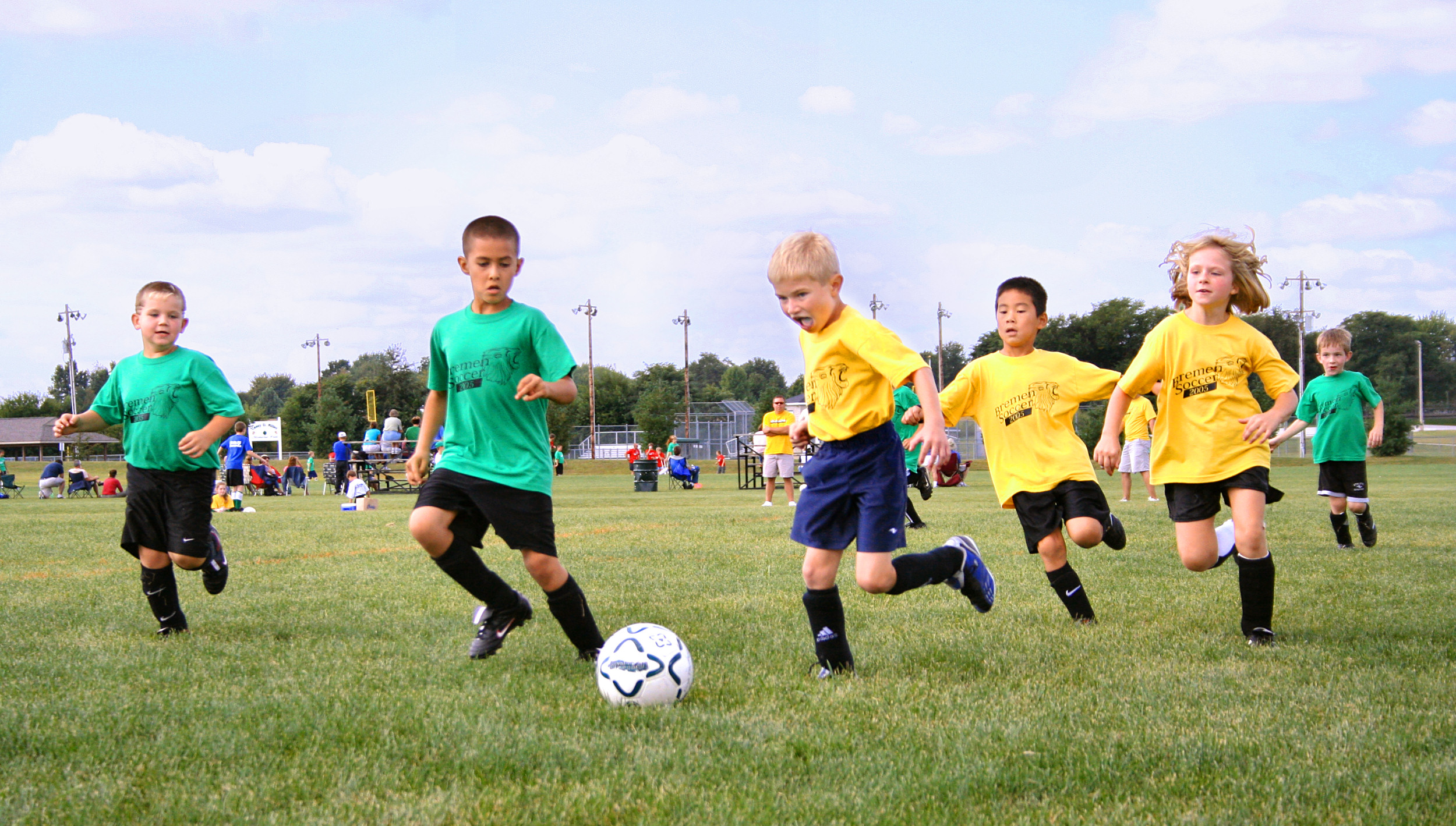Introduction.

Sports and Games....
In our fast-paced, modern world, sports and games have evolved from mere recreational activities into powerful tools for physical health, mental well-being, and social cohesion. From local community fields to grand international arenas, sports and games hold a significant place in society, influencing various aspects of our lives and driving positive change.
One of the most apparent benefits of sports and games is the improvement of physical health. Regular participation in physical activities helps maintain a healthy weight, improves cardiovascular health, strengthens muscles and bones, and enhances flexibility and coordination. For children and adolescents, engaging in sports is crucial for healthy growth and development. It instills lifelong habits of physical activity, reducing the risk of chronic diseases such as obesity, diabetes, and heart disease.
Moreover,
the benefits extend beyond the physical. Engaging in sports can significantly boost mental health. Exercise stimulates the release of endorphins, the body’s natural mood lifters, which can help alleviate symptoms of depression and anxiety. Sports also offer a constructive outlet for stress and frustration, promoting emotional stability and resilience. The discipline and focus required in sports activities also translate into better concentration and cognitive function.
Sports and games play a vital role in fostering social connections and building communities. They provide a platform for individuals from diverse backgrounds to come together, promoting teamwork, communication, and mutual respect. In team sports, players learn the value of collaboration, trust, and collective effort. These experiences can break down social barriers, reduce prejudices, and encourage a sense of belonging and inclusion.
On a larger scale,
sports events can unite entire communities or even nations. Major sporting events like the Olympics or the World Cup foster national pride and unity, transcending cultural and political differences. These events also have significant economic impacts, boosting local economies through tourism, infrastructure development, and job creation.
Participation in sports and games also contributes to personal development. Athletes often develop essential life skills such as discipline, time management, goal setting, and perseverance. The challenges encountered in sports, whether it’s the pressure of competition or overcoming physical and mental limits, teach valuable lessons in resilience and determination. These skills and experiences often extend beyond the playing field, benefiting academic, professional, and personal pursuits.
For children and young adults,
sports can be a vital part of education. Physical education programs in schools emphasize the importance of regular activity and teach students about healthy lifestyles. sports can enhance academic performance. Studies have shown that physically active students tend to have better concentration, memory, and classroom behavior, leading to improved academic outcomes.
The realm of sports and games is also increasingly becoming a platform for promoting inclusion and diversity. Initiatives to support women’s participation in sports.
sports and games are much more than a form of entertainment or physical activity.
They are powerful tools that contribute to the holistic development of individuals and the betterment of society.we can harness the transformative power of sports and games to build healthier, stronger, and more united communities and world.


You must be logged in to post a comment.